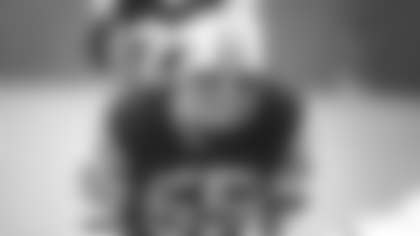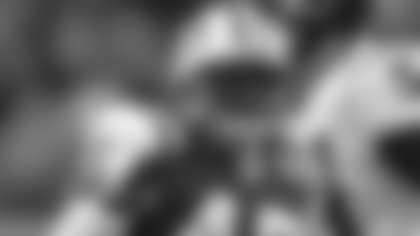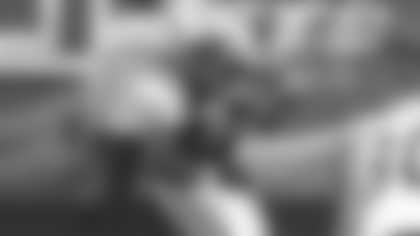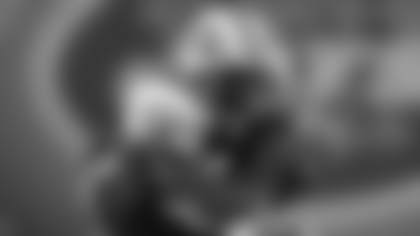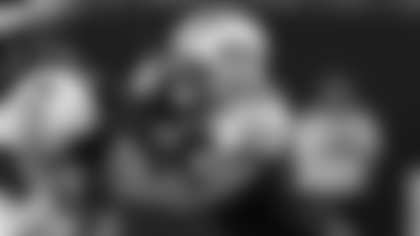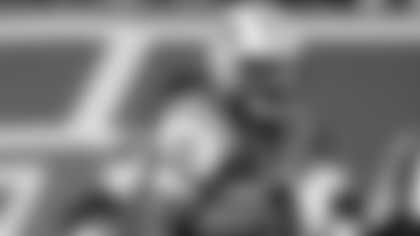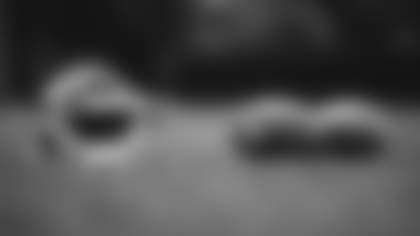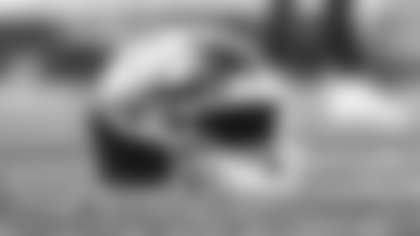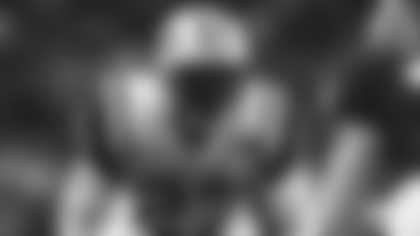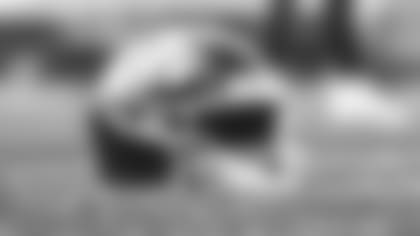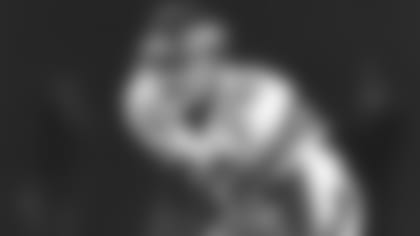
Carl Howard's mom was a prophet.
"I think I was about nine years old and my first uniform I got for Christmas was a Joe Namath whole getup," Howard said. "I had the shoulder pads, the jersey No. 12, the pants, the green and white cleats. My mom spent a lot of money to get me that uniform.
"I did tell Namath that at an alumni gathering. I also told Emerson Boozer, 'You know what? I remember you from when I was a kid. My mom used to always talk about Emerson Boozer.' He looked at me like, 'OK, kid.'"
A cornerback undrafted out of Rutgers in 1984, the Irvington, New Jersey, native had to take a huge u-turn before landing back home and trading the childhood Namath No. 12 jersey for his own No. 28 Jets uniform.
"In '84, I was with the Dallas Cowboys," Howard said. "I got hurt towards the end of the year, and that (following) summer, I had a great camp. I thought I was going to be on the team again. It was all over the news that Carl Howard was having the best camp out of all the DBs.
"And (Cowboys head coach) Tom Landry brings me in his office and says, 'We've got to let you go.' As a matter of fact, I heard I was let go before I met with Tom Landry. I heard it on the radio as I was driving to practice. Basically, they drafted a guy in the second round that they invested in."
The Tampa Bay Buccaneers decided to make an investment of their own, and claimed Howard off waivers.
"It was not a good situation there," Howard said. "Basically, I had a cup of coffee, I can't even remember how long I was there."
Howard had another chance that season when the Jets came calling.
"(New York's defensive coordinator) Bud Carson brought me in and says, 'We watched you on film and believe you can help us. We're bringing in a couple of other DBs to work out for us, and we'll let you know tomorrow,'" Howard said. "The next day they called and said, 'We'd love to have you on the team.' And that was it."
Playing mostly in the nickel formation and on special teams with seven starts at cornerback sprinkled in, Howard co-led the Jets in 1987 with Rich Miano by collecting a career-high three interceptions.
"As you're doing anything in life, whatever you're doing, you kind of get that confidence where you really believe anything you do on the field is going to be great," Howard said. "And if you do screw up, you kind of forget about it. So, it was basically a lot of confidence I had."
Spending six seasons with the Green & White from 1985-90, Howard played in 66 games including the playoffs, finishing with five interceptions. What makes him most proud of his career?
"You kind of set a goal," Howard said. "It's almost like a secret goal. You dream about it. You work at it. You work hard. There's folks who tell you that you won't be able to do it or you can't do it, and then you do it. That is one of the sweetest things that can happen to you."
Making his home in Spring Lake, New Jersey, Howard and his wife, Patricia, have five children and a grandson. He is the founder of the Oskie Group, an IT (information technology) staffing company.
"I've worked in IT running data centers, doing software development, product management, capacity planning. And so, when I left working for someone, I started my own company. We contact companies who are looking for specialized technologists such as a java developer, a .NET developer, someone who understands cisco, data centers. We basically find those folks and staff those organizations," said Howard, who is in the process of adjusting his business to better accommodate those who've been affected by the Covid-19 pandemic.
"What we're doing now is helping folks navigate. You have folks who were in retail, were in the restaurant business, whatever they were doing, and the only jobs out there right now is a lot of technical jobs. And there's a shortage of technical help. So, we're training folks in two areas. One is called 'service now,' that's in technology. And the other one is called 'work day,' which is human resource technology."
Howard continued. "We're going to train folks out of college, folks who can't get into technology, believe they don't have the knowledge. We're starting a training program to help folks out. And then we're going to find those folks jobs.
"It's kind of a win, win. You're helping someone in their situation, and you're also helping your financials, too. You like to see people grow from not understanding technology to having a certificate in that particular technology. And they're able to help their family and get other folks into technology."



